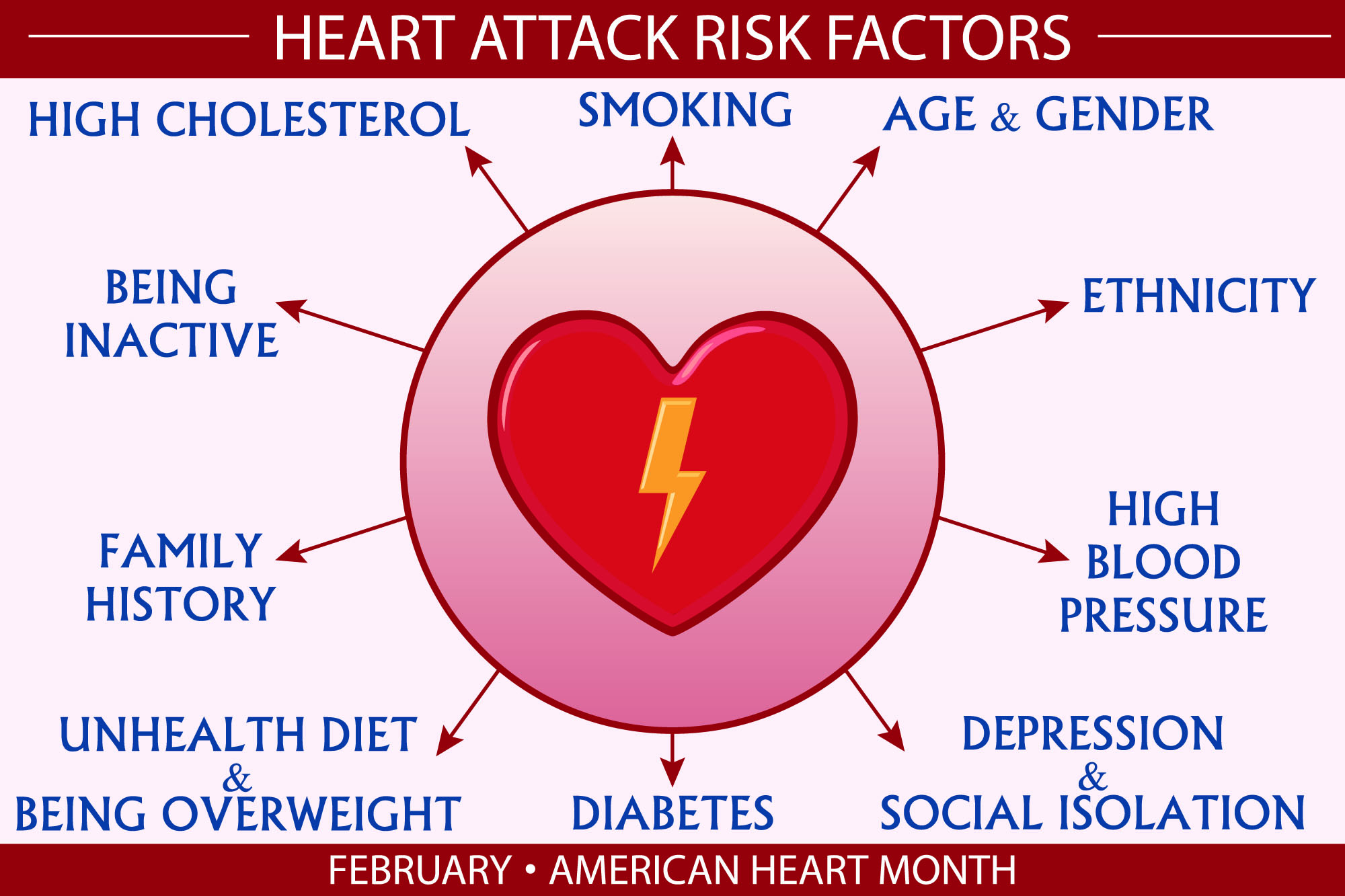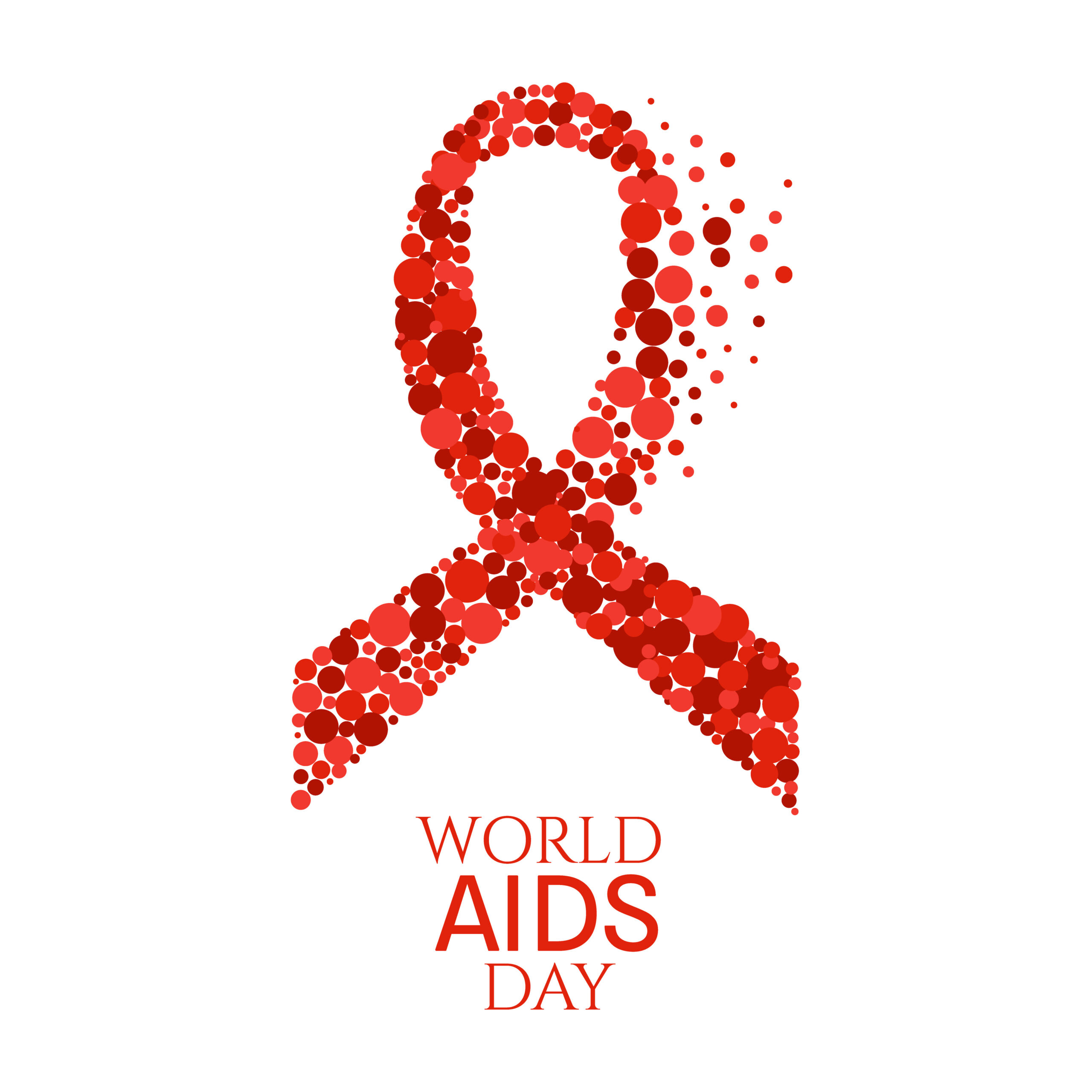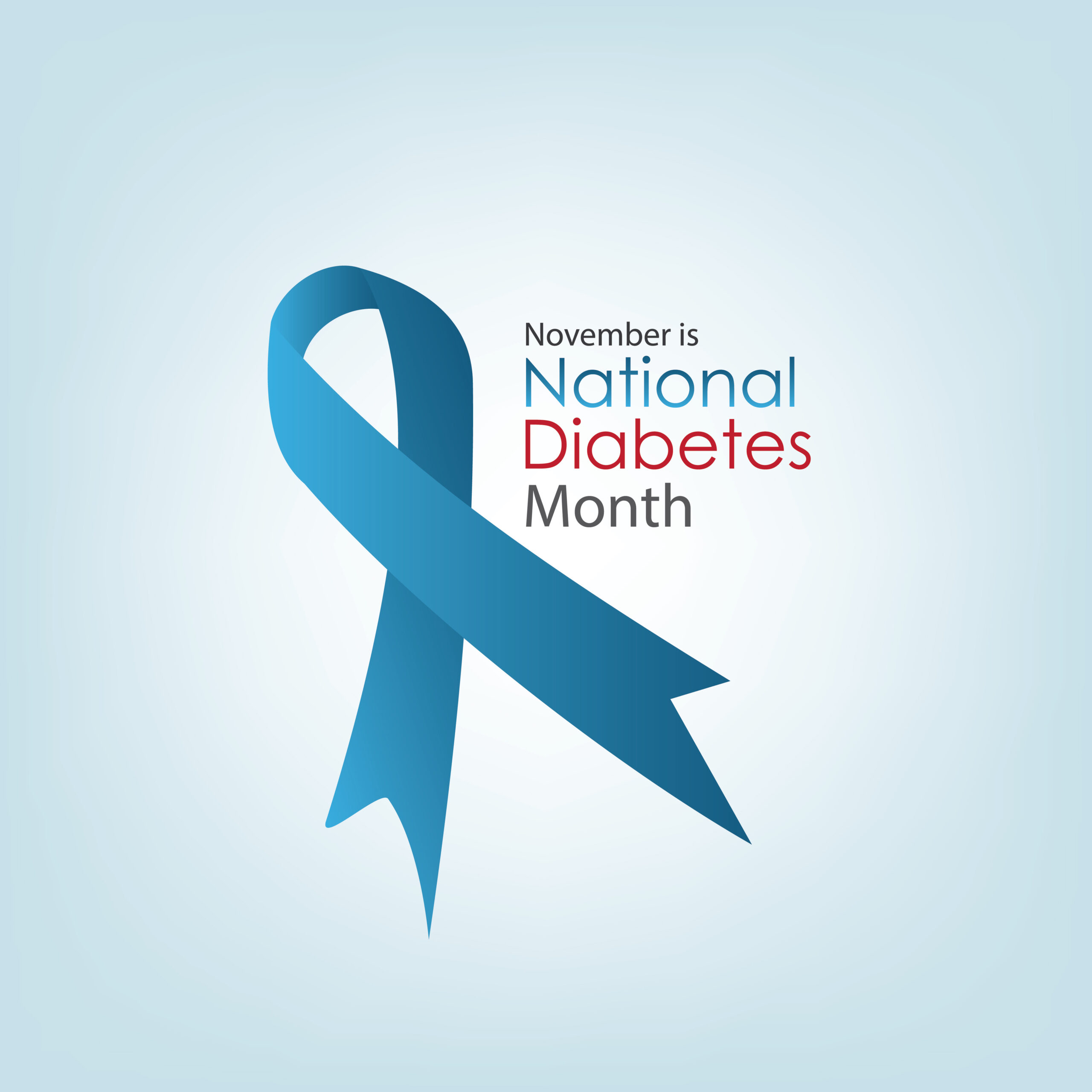
February is well-known for Valentine’s Day, and while this is a great time to share some extra love with your partner, family, and friends, February also encourages a heartfelt focus on cardiovascular health.
Whether you’re a practicing clinician, a member of the LGBTQ+ community, or a friend and ally, you can take key steps in strengthening your own heart health, understanding societal health disparities, and promoting positive change for better outcomes for all.
Healthy Heart Considerations
The first step: devoting your heart to your own cardiovascular well-being. According to the National Heart, Lung, and Blood Institute (NHLBI), there are several actions you can take to protect yourself from heart disease, including:
- Understanding your risk
- Getting your blood pressure and cholesterol checked
- Choosing heart-healthy foods
- Aiming for a healthy weight
- Managing stress
- Practicing regular physical activity
- Quitting smoking
- Getting enough quality sleep
Unhealthy eating habits, family history, and environmental stressors are among the risk factors for all adults, but ideal heart health is considered to be less likely for our LGBTQ+ patients according to the American Heart Association.
LGBTQ+ Patient Cardiovascular Health
The Association’s March 2018 poster presentation cites the leading risks for LGB adults specifically as:
- Smoking
- Body-mass index
- Physical activity
- Diet
- Blood cholesterol, pressure, and sugar
While some of these relate to patients’ habits, heightened blood cholesterol, blood pressure, and blood sugar can be more difficult to discover or keep track of, especially if family history is unknown.
The American Heart Association published a statement in its Circulation journal in October, 2021, citing a range of factors affecting poorer heart health in LGBTQ+ patients. “More than half of LGBTQ adults and 70% of those who are transgender or gender non-conforming report experiencing some form of discrimination from a health care professional. LGBTQ adults may delay primary or preventive care and lack trust in health care professionals due to fear of discrimination,” according to the Association.
These delays may cause patients to miss out on routine care and, in some cases, early diagnoses and earlier treatment. Imagine a transgender patient visiting a primary care physician and she hears an insensitive remark; do you think that patient would feel comfortable returning to any physician in the future, or might that experience cause repeat anxiety with truthfully expressing her sexual orientation or gender identity?
How Can We Help?
Increased awareness is a positive first step. For example, fostering safe, inclusive spaces for informed care can help patients feel welcomed and supported, which may relieve their anxiety about returning to their next check up.
To help improve outcomes and overall cardiovascular health for our LGBTQ+ community, the American Heart Association recommends “a multi-faceted approach that includes researchers, clinicians and public health experts.” These experts are identifying gaps in the research, and encouraging more robust studies and implications for a wider reach. They also seek to understand trends, such as heterosexual women having lower obesity prevalance compared with lesbian and bisexual women (as cited in the Association statement).
Billy A. Caceres, Ph.D., R.N., FAHA, assistant professor at the Columbia University School of Nursing in New York City, tells the Association, “It is paramount to include content about LGBTQ health in clinical training and licensure requirements in order to address these cardiovascular health disparities.” Dina Proto International partners with health care companies and individuals to help educate, train, and support important conversations around LGBTQ+ health.
Throughout American Heart Month and beyond, we hope you will consider learning more and addressing disparities with an open mind and an open heart.
Sources
American Heart Association. (n.d.). Cardiovascular Health for LGBTQ Adults. Retrieved from https://www.heart.org/en/about-us/diversity-inclusion/pride-with-heart/cardiovascular-health-for-lgbtq-adults
American Heart Association (8 October 2021). Discrimination contributes to poorer heart health for LGBTQ adults. Retrieved from https://newsroom.heart.org/news/discrimination-contributes-to-poorer-heart-health-for-lgbtq-adults
American Heart Association. (20 March 2018). Ideal heart health less likely among lesbian, gay and bisexual adults. Retrieved from https://newsroom.heart.org/news/ideal-heart-health-less-likely-among-lesbian-gay-and-bisexual-adults?preview=ebef
National Heart, Lung, and Blood Institute. (n.d.). Heart-Healthy Living. Retrieved from https://www.nhlbi.nih.gov/health-topics/heart-healthy-living




